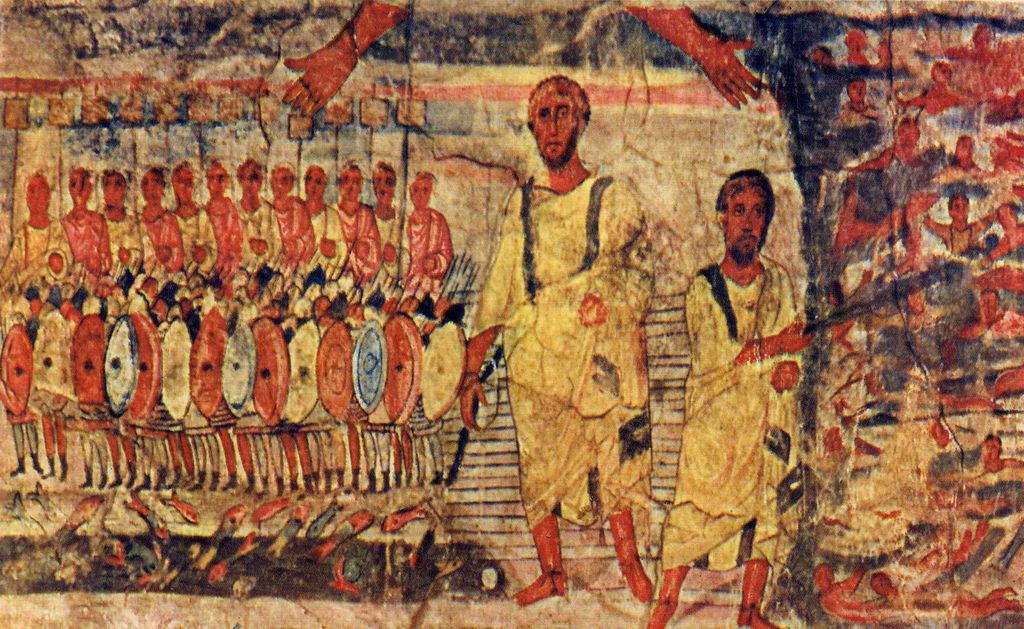
Recall that Hermann Detering was a work out about the gnostic interpretation of the Exodus and the beginnings of the Joshua/Jesus cult. See my earlier posts:
Since then René has posted a second installment. Meanwhile, on Hermann Detering’s page we see that a translation by Stuart Waugh is due to be “published soon”.
Here I set out my own notes from the first part of the work. I don’t read German except through machine translators, alas, so if anyone who has read the German original can see I have misstated something do let me know.
Gnostic Interpretation of the Exodus
Philo
The earliest Jewish allegorical interpreter of the Exodus is Philo of Alexandria, Egypt, in the first century CE. In Philo’s Allegorical Interpretations II we see that Philo interpreted Egypt as a life of pleasure, a symbol of physical passions, in contrast to the wilderness, representing the spiritual life of the ascetic.
But notice that Philo extends his allegory of the exodus from Egypt to the wilderness by inclusion of the crossing of the Jordan River, apparently conflating this event with Moses’ (not Joshua’s) leadership.
Therefore, God asks of the wise Moses what there is in the practical life of his soul; for the hand is the symbol of action. And he answers, Instruction, which he calls a rod. On which account Jacob the supplanter of the passions, says, “For in my staff did I pass over this Jordan.” {Genesis 32:10.} But Jordan being interpreted means descent. And of the lower, and earthly, and perishable nature, vice and passion are component parts; and the mind of the ascetic passes over them in the course of its education. For it is too low a notion to explain his saying literally; as if it meant that he crossed the river, holding his staff in his hand.
The passage through the Red Sea is symbolic of the transition from the worldly to the spiritual life.
The Therapeutae Continue reading “Gnostic Interpretation of Exodus and Beginnings of the Joshua/Jesus Cult”
